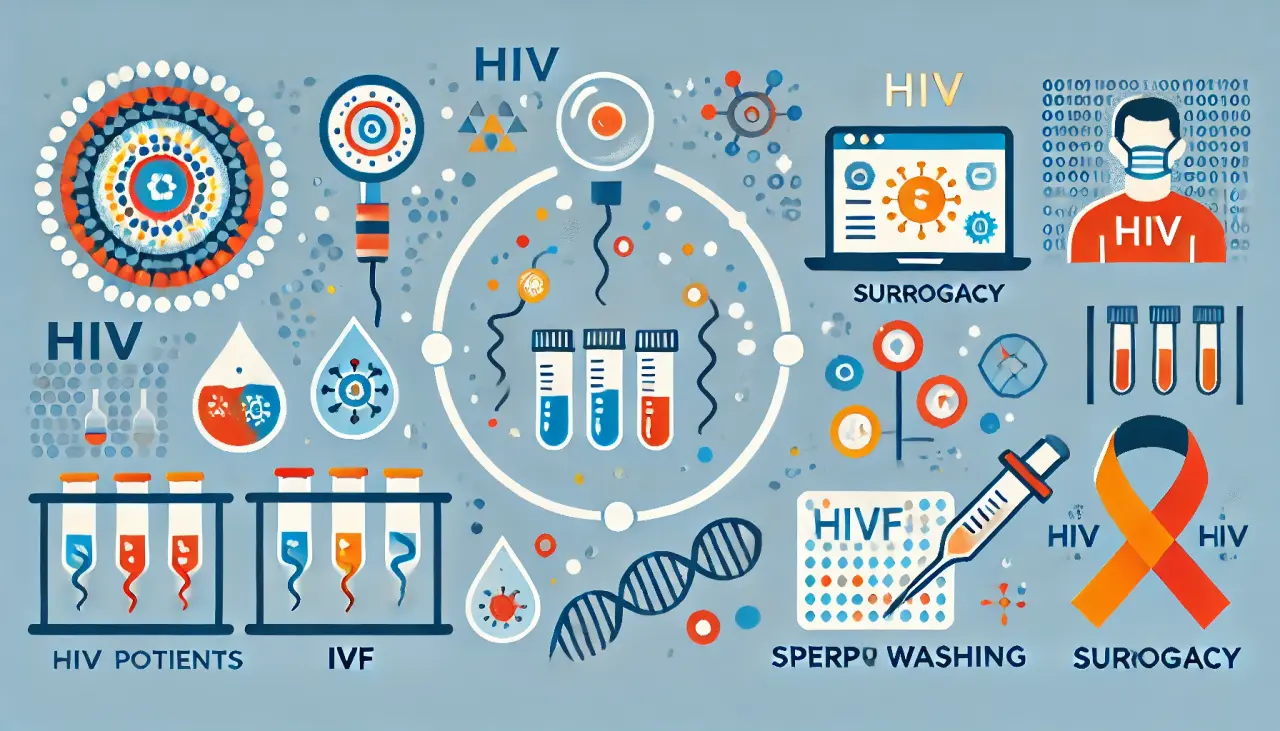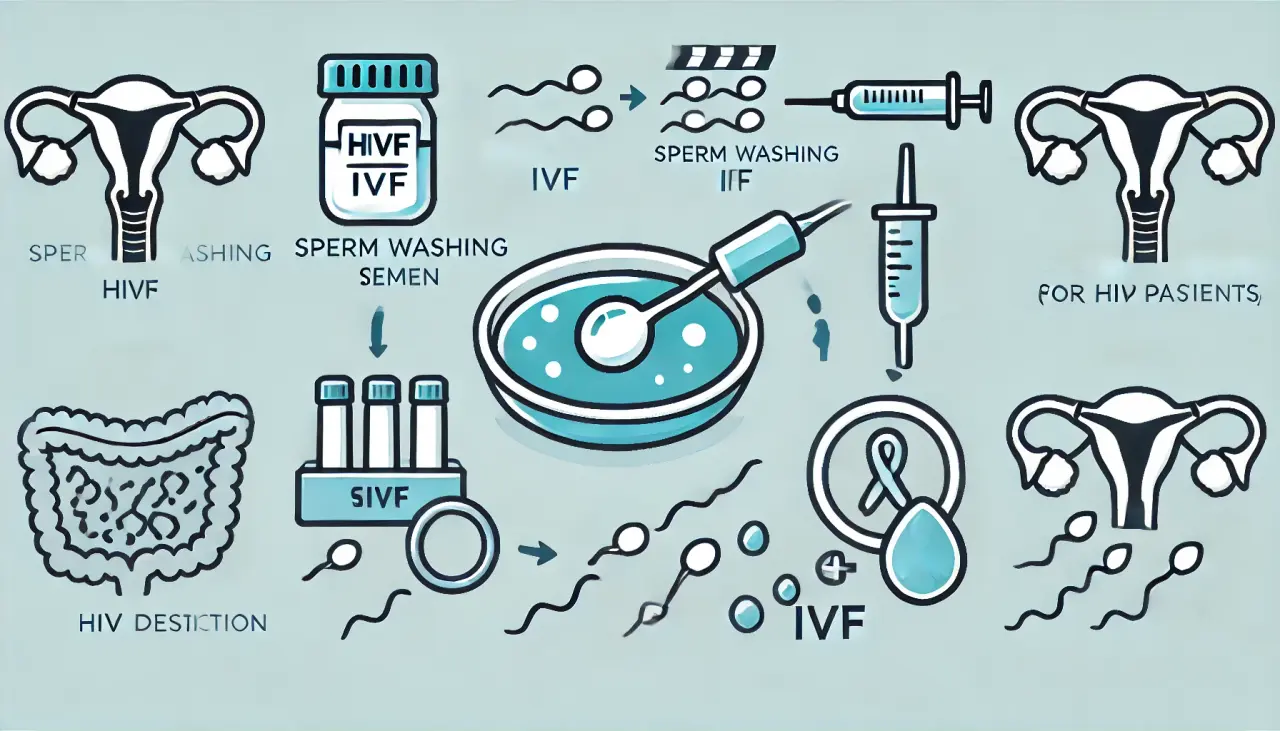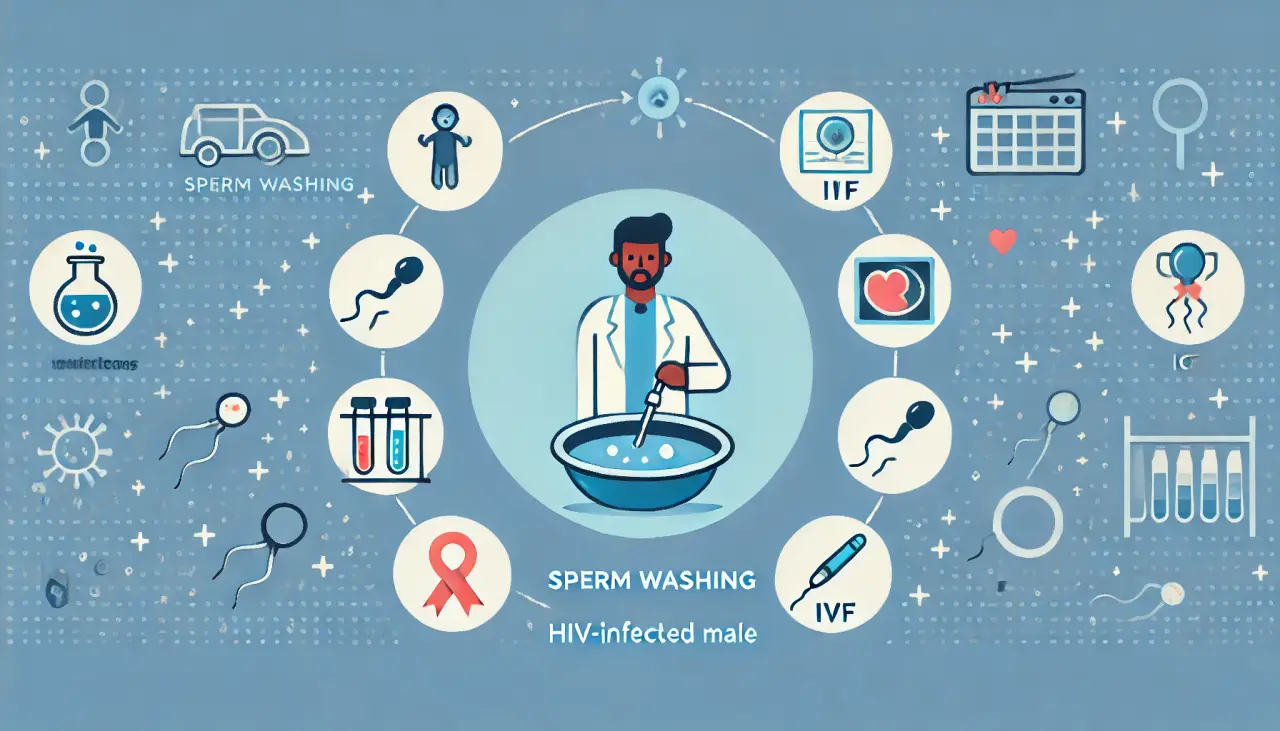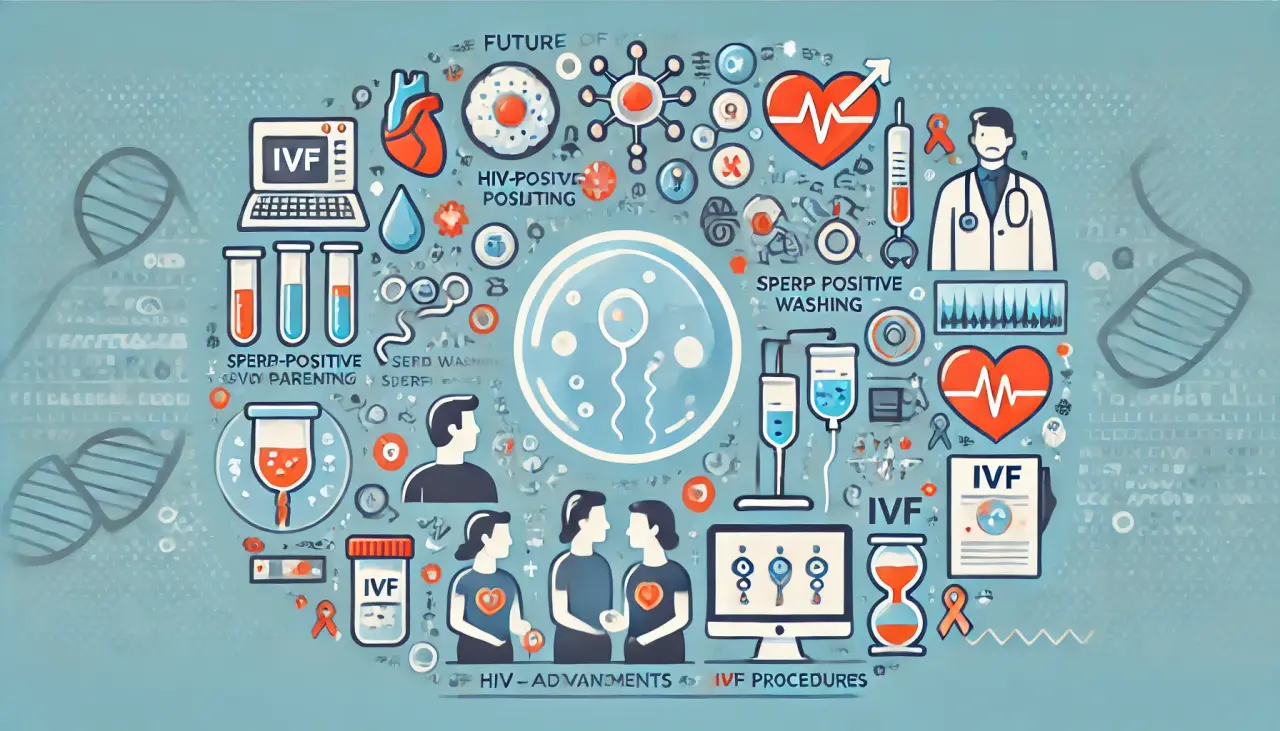
Can HIV Patients Have Children Through Surrogacy? Understanding HIV and Surrogacy Options
HIV carriers face challenges when it comes to conceiving a healthy child through natural means. However, thanks to medical advancements in HIV and surrogacy and IVF (in vitro fertilization) combined with third-party reproductive techniques, individuals living with HIV can now pursue parenthood with their own healthy children. Whether male or female, different techniques are used to make this possible.
Understanding HIV
HIV (Human Immunodeficiency Virus) is a virus that weakens the immune system and may lead to a range of opportunistic infections or cancers. In severe cases, it can be fatal. HIV is transmitted through blood, semen, vaginal fluids, and breast milk, and it can spread through sexual contact (heterosexual, homosexual, or bisexual), intravenous drug use, and from mother to child.
While the diagnosis of HIV often leads to difficult emotional and physical challenges, many individuals living with HIV still wish to have children. With HIV and surrogacy, options have evolved, particularly in countries like Russia, where technologies such as sperm washing IVF help individuals achieve their goal of having a healthy baby.

What is Sperm Washing in IVF for HIV Patients?
Sperm washing is a crucial process used for individuals infected with HIV or other sexually transmitted infections like syphilis or hepatitis B. The technique separates sperm from the semen, which can contain viral elements. This separation reduces the chances of transmitting HIV to the child while still enabling IVF treatment. The risk of transmission is extremely low, with the chance of the baby contracting HIV post-sperm washing at just 0.2%. Sperm washing IVF is an important tool in ensuring that HIV-positive individuals have the possibility of becoming parents without the risk of passing the virus to their offspring.

IVF for HIV-Infected Individuals: The Path to Parenthood
For HIV-positive individuals considering IVF, there are several options depending on whether the individual is male or female.
1. Female HIV Carriers and IVF
HIV-positive women are generally advised against attempting IVF using their own eggs due to the significant risk of mother-to-child transmission during pregnancy. The virus could potentially infect the baby. To mitigate this risk, egg donation or surrogacy are safer alternatives. By using a third-party woman’s egg for IVF, the chances of transmitting HIV to the child are drastically reduced.
2. Male HIV Carriers and IVF: Sperm Washing IVF
HIV-positive men can also pursue parenthood using IVF with sperm washing to reduce the risk of passing HIV to the child. However, if the man has a high viral load or low CD4 count, sperm washing alone may not suffice to ensure the baby’s safety. In such cases, additional precautions and treatments may be necessary, depending on the individual’s health status.

Medical Advances: A Hopeful Future for HIV-Positive Parents
In the past, HIV-positive couples were often advised against having biological children due to the risks of transmission. However, HIV and surrogacy have opened new doors, making it possible for HIV-positive individuals to have children without transmitting the virus. Thanks to the combination of third-generation IVF and sperm washing techniques, HIV carriers can successfully have healthy children with minimal risk.
Modern medical advancements have transformed the possibility of parenthood for those living with HIV, offering hope and opportunities that were once unthinkable.